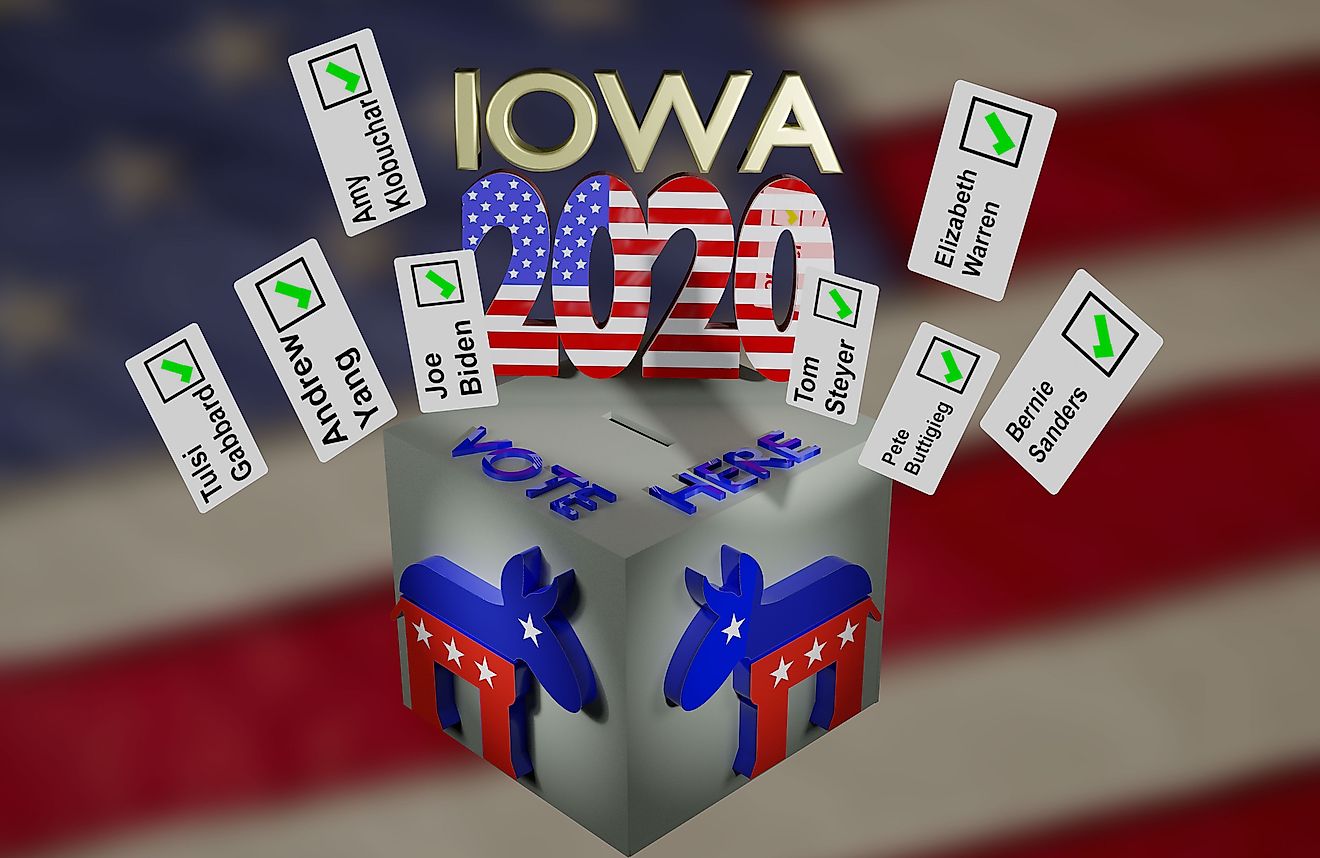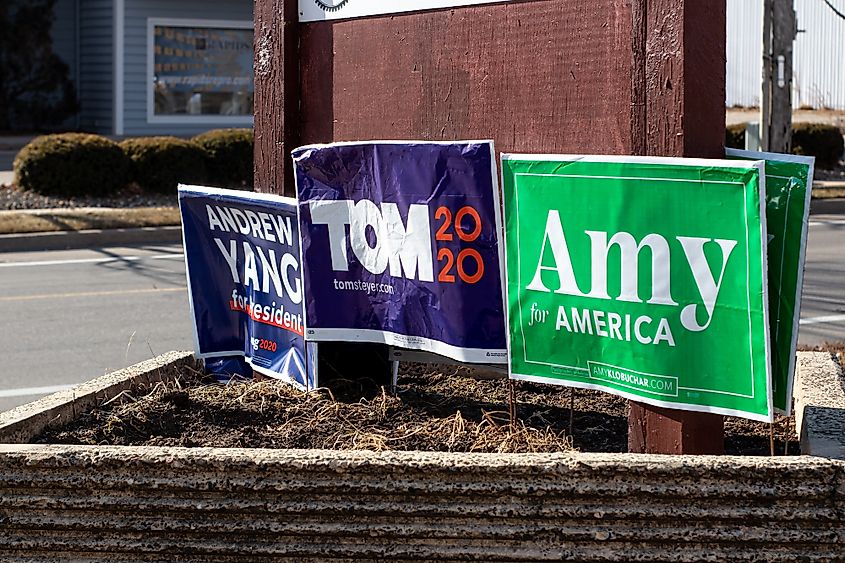What Is A Caucus?

- A caucus is the U.S. tradition of having democratic elections
- The most popular caucus is the one in the state of Iowa
- Caucuses are not the same as primary elections
It has been said that the word “caucus” comes from an Algonquin Indian word “cau´-cau-as´u” which in rough translation means to advise, encourage, or counsel. And it is true - the caucus does set the direction in the process of coming up with presidential candidates. It is often seen as a glimpse of voters’ state of mind in the election and the ground for each political party to choose their candidate. You should not confuse caucus with the primary election or as they are popularly called – the primaries. The primary elections are organized by local state governments and involve the stand ballot vote. The caucuses are private events, organized by political parties to select a nominee between the peers in the party.
How Does It Really Look Like?
Well, think of a neighborhood meeting, but instead of neighbors, supporters of the political party will attend. Meeting goers are usually politically active people who also get along in their political views. Their task is to choose between the candidates whom they would like to see winning the term. Generally, caucuses attract significant media attention as they are the first chance to observe how voters “feel” about particular candidates. The voting process starts after the candidates are presented, but here is where the difference between Democratic and Republican caucuses becomes clear.
The Difference Between Democratic And Republican Caucuses

In the Democratic caucus of Iowa, for example, attendees usually have to spend at least an hour for the voting process. Instead of simple voting in the voting booth, voters vote by “their feet” – they move in the room to form groups of supporters for each candidate and are then finally counted as “voters” of the candidate. Democratic caucuses follow the tradition of open debate over the candidates. Someone from the candidates’ team will usually present them and open the floor for the discussion. Debating over the candidates and the process of “physical voting” is why the caucus takes that long. To some, it is an old-fashioned way of holding Da caucus that should be changed to suit the contemporary political climate. But to others, it is a beloved and quite quirky democratic tradition that should be cherished. On the other hand, Republican caucuses are much more straightforward. After the candidates are presented, people who gathered vote by an informal secret ballot. The candidate presented in the caucus needs to receive a minimum of 15% of the votes so they can continue to the second vote. The result of the second vote is the number of delegates for each candidate.
The Iowa Caucus
The Democratic caucus in Iowa is the most popular caucus not only because of its process of the debate but because it is also the first caucus (along with the one in the state of New Hampshire) to be held in the election process. Because of this, the results of the Iowa caucus can often lead to a significant public momentum for the candidate who won. Still, statistically and historically speaking, candidates with most delegates in the Iowa caucus actually rarely win the final presidential election.











